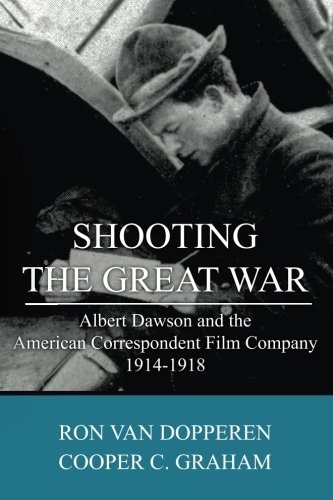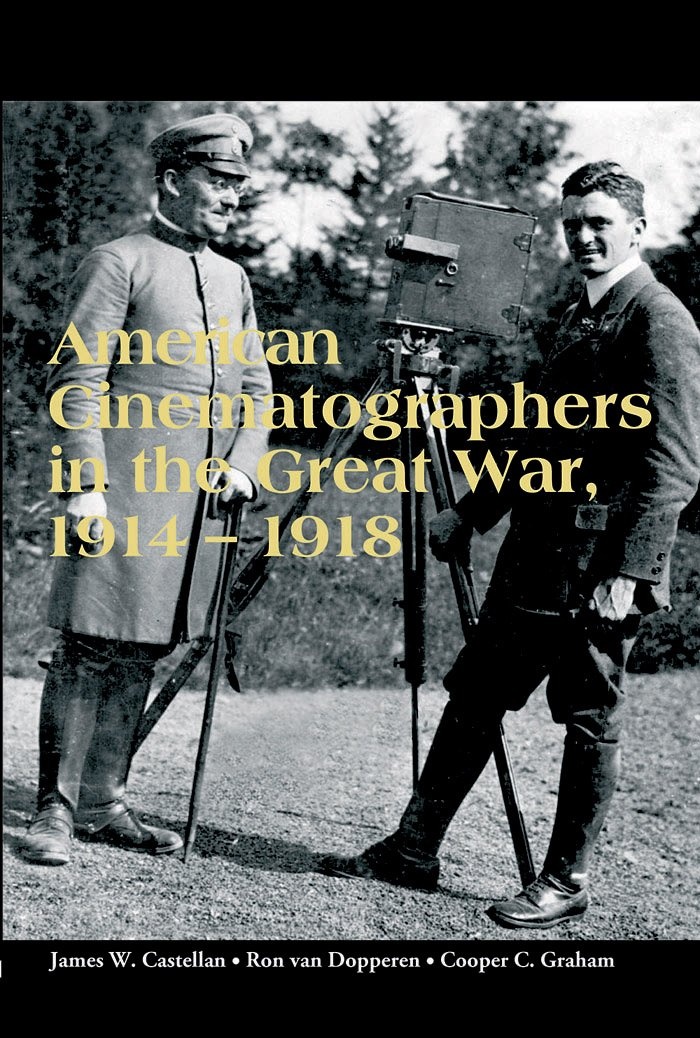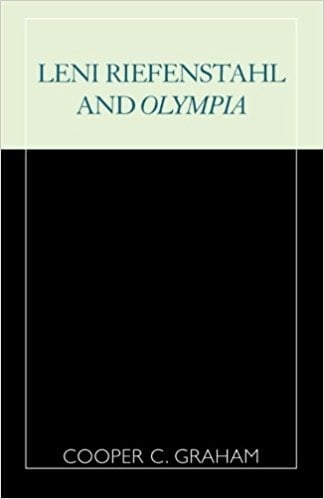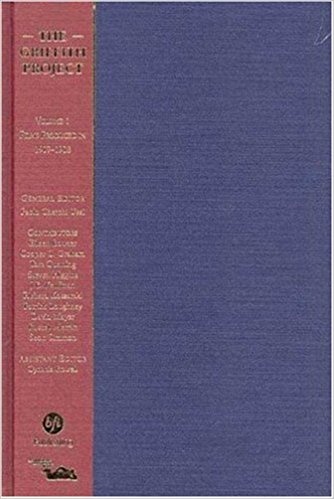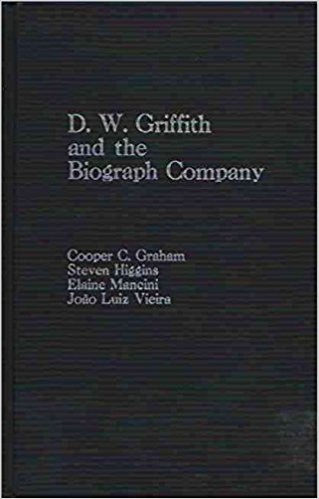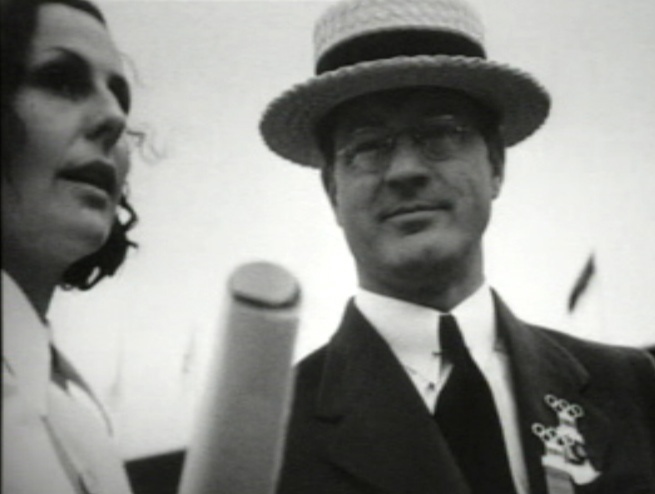Published Author and Co-Author
Well-Known in the Film Studies Field
Dr. Cooper C. Graham is a specialist in the history of film whose works are recognized worldwide. He authored and co-authored various film research publications and books. His take on film studies includes the struggles of news reporters as well as cameramen who risked their lives doing their jobs at a time of war. Dr. Graham’s works can be used as film studies references and film research resources by students or history enthusiasts alike.
Shooting the Great War: Albert Dawson and the American Correspondent Film Company 1914-1918
| |
American Cinematographers in the Great War, 1914-1918
| |
Leni Riefenstahl and Olympia (Filmmakers Series)
The Griffith Project, Volume 1: Films Produced 1907-1908
| |
D.W. Griffith and the Biograph Company (Filmmakers Series)
| |

